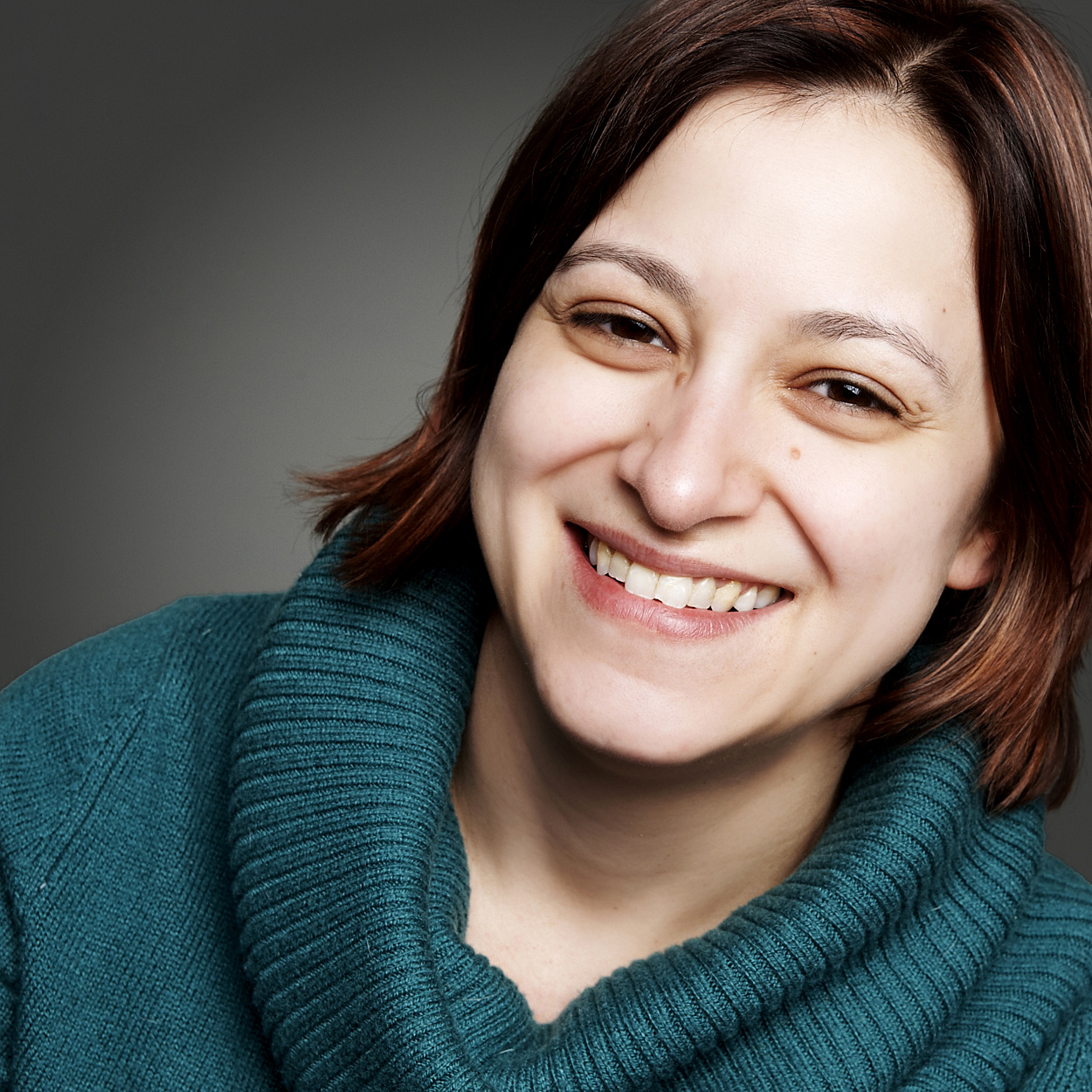Teaching is hard. Teaching students with whom you don’t connect is even harder. For a variety of reasons—from mental illness to personality differences—there are people with whom we struggle to interact. When these people are our students, and their learning is under our care, things can become challenging, despite our best intentions.
I was what many would call a “troubled kid,” with a miserable home life, untreated mental illness and a disdain for authority. I didn’t really connect with a teacher until I was 16, after dropping out of my traditional high school and returning to an alternative one. This new school was unique, self-paced, and for the first time, I could work to my intellectual capacity. We called teachers by first names, and the attendance policy allowed some absences (I actually started to exceed attendance expectations). Without an excess of rules, I started to follow the ones I had. The experience was transformative and set me on a path for college.
I eventually became a special education teacher at a school where students had emotional and behavioral disabilities so severe that they were removed from traditional schools. Staff needed key cards to access hallways and students were accompanied by staff at all times. Many of my middle school students renamed me “Ms. Taco Burrito” and reminded me daily of the moustache that they said made me look like a man. From the outset of my career—which has now spanned seven schools in three states—I had lots of practice in being kind to students who showed me no such kindness in return.
I needed to tap wells of empathy and understanding I never knew I had. To say my students’ lives were difficult is an understatement. On top of the hormonal rollercoaster of adolescence, many had mental illness or ADHD, often improperly treated. They frequently had home lives that included poverty, incarceration, gang violence and abuse, and their educational histories were peppered with disciplinary, social and learning difficulties.
But the school was highly specialized to address students’ many needs. Class sizes were small, with one or two associate educators in every class, and we had a myriad of behavior interventions in place. I was able to build positive relationships with my students and help them learn and suceed.
As a teacher, I’ve taught many students with whom I struggled to connect, and I’ve helped them achieve. And prior to that, I was a challenging student myself, and yet I had teachers who helped me get on track for college. I know what’s possible, and I want to see systemic changes in our schools so that all teachers can better serve all students.
So, where do we start? I believe we must minimize discipline that disrupts learning time by implementing restorative justice models or taking steps similar to those Minneapolis Public Schools recently took. We need to protect positions for school counselors, social workers and therapists to address students’ mental and emotional health needs, and value non-teaching staff through training and compensation. We need to incorporate inter and intra-personal intelligence in classrooms, and equip all teachers with strategies to do that (Check and Connect offers a great model to help students and staff build relationships).
Above all, we need to remember that behaviors which test our patience and empathy are often cries for help. Even the students we find most challenging have great gifts, and they deserve to learn and succeed.
In fact, as unlikely as it may seem, school is often the best venue to help “troubled kids.” Take me, for example. It’s hard to imagine how different my life might have been had I not found the right school, with caring teachers who believed in me and expected me to achieve. Education changed the course of my life, and gave me the amazing opportunity to extend a helping hand to all students, like the hand that was extended to me.
Leah Delia Larson is a library media specialist at the Perpich Arts High School in Golden Valley and Crosswinds Arts and Science School in Woodbury. She started her career in education in 2001, and has taught everything from middle school ESL and special education in Texas to elementary school in Brooklyn. After teaching for several years, she moved back home to Minnesota to complete a degree in school library media, and went on to work for six wonderful years at Richfield Middle School before transitioning to her current roles. Leah is passionate about many things, particularly literacy, culturally competent curriculum and teaching, equity teacher training, increasing Latino student achievement and family engagement, bilingualism and social and emotional health.
The MinnCAN blogging fellowship allows Minnesota teachers, administrators and parents to share their thoughts on key education issues. MinnCAN supports fellows seeking to advance the conversation around public education, though fellows' views and opinions are solely their own.
